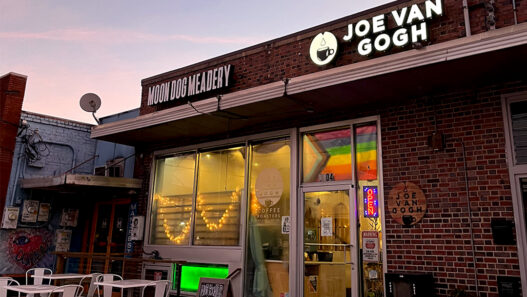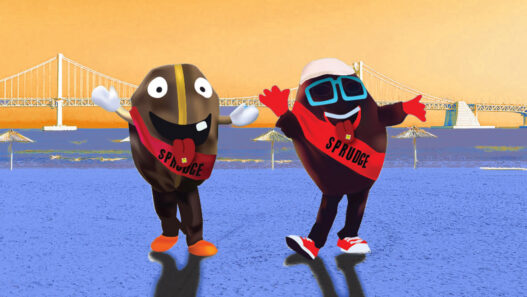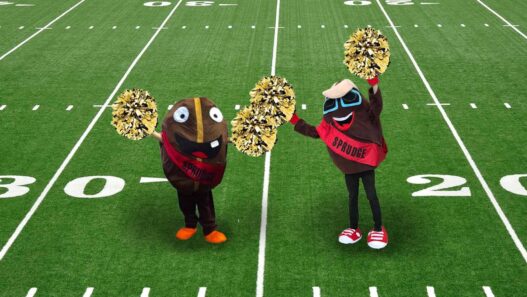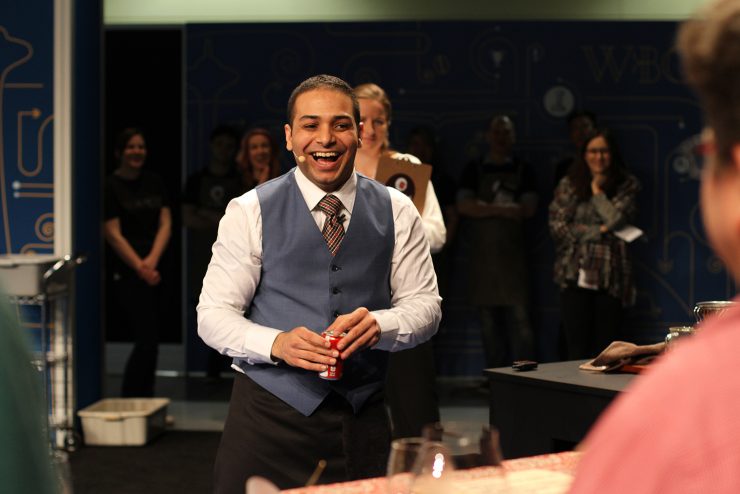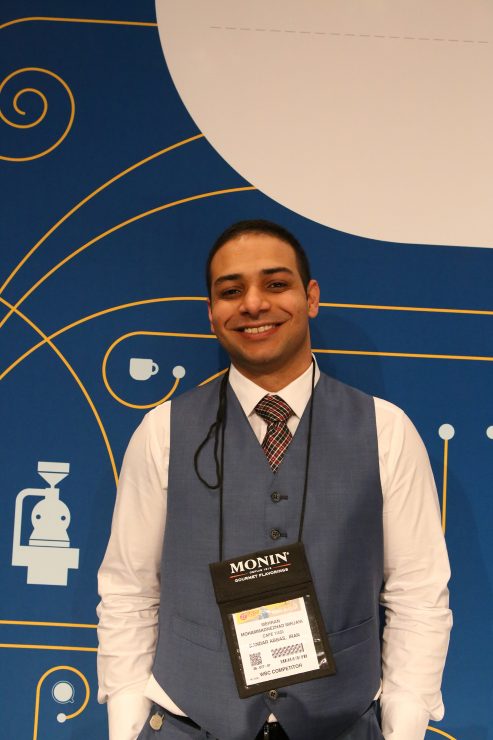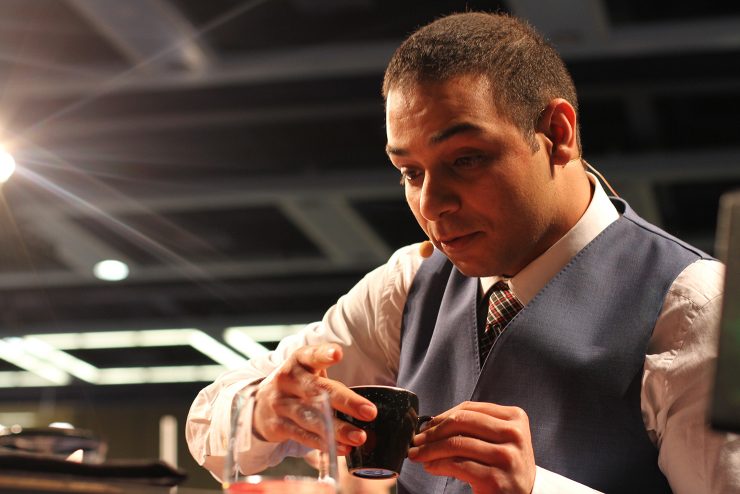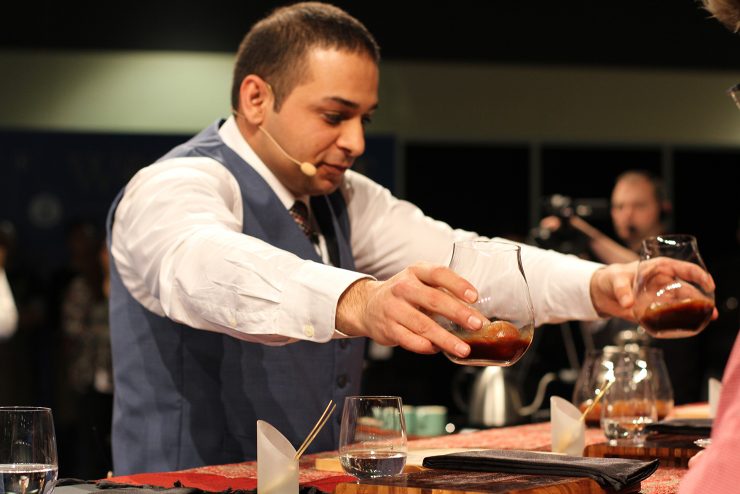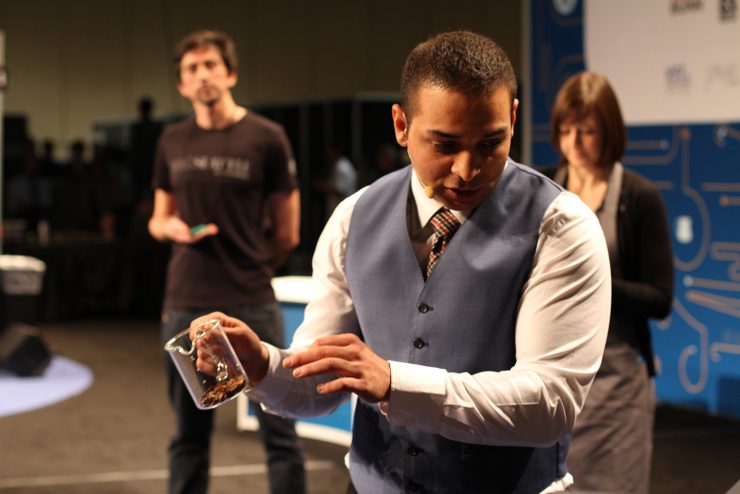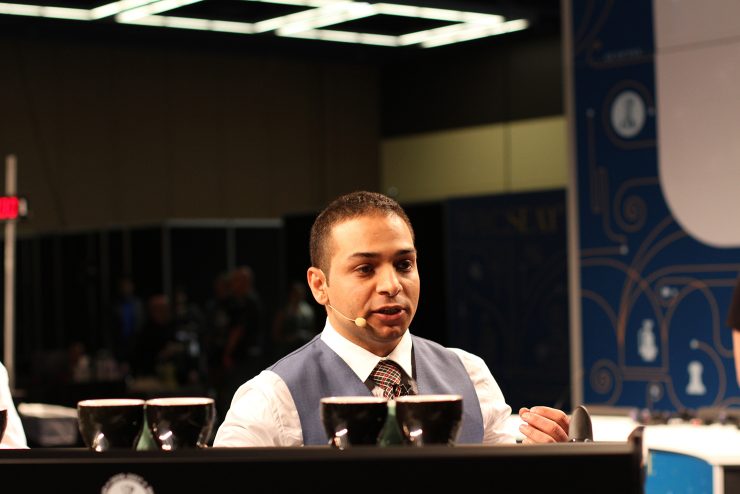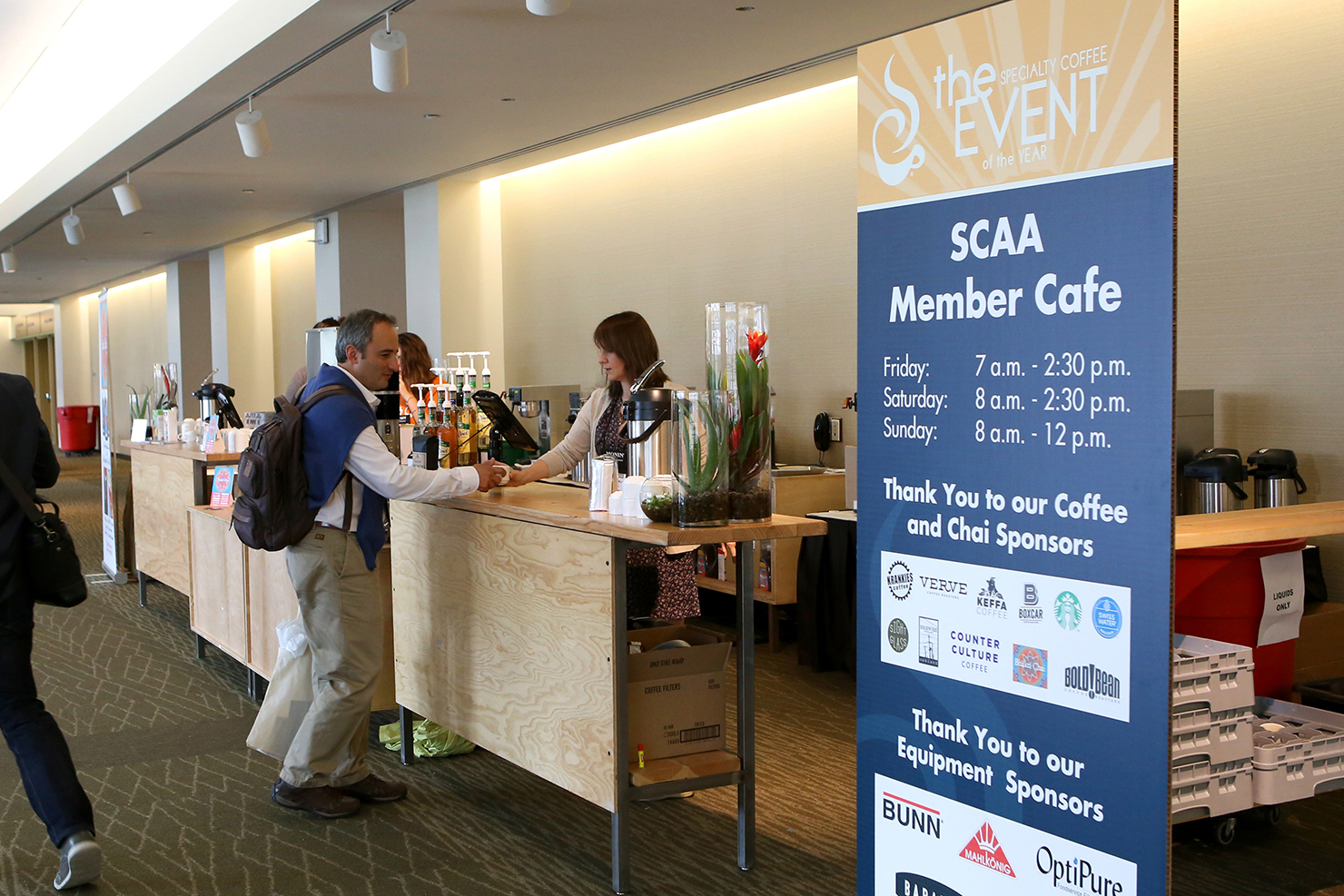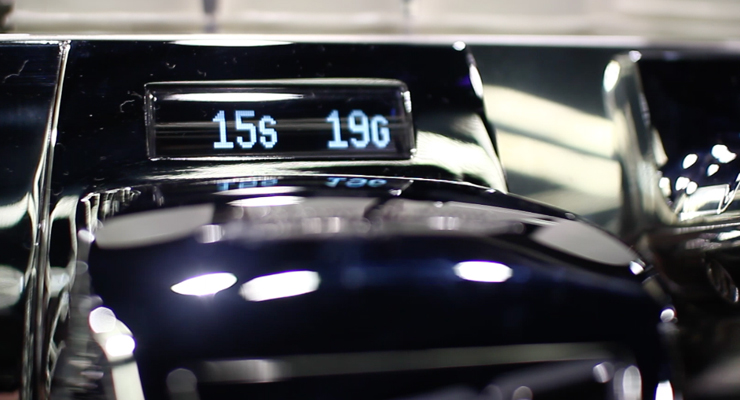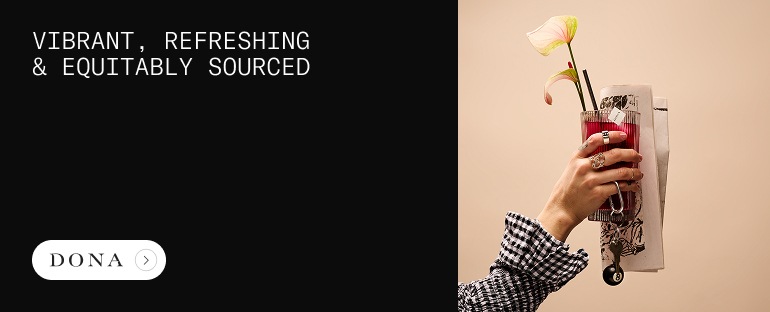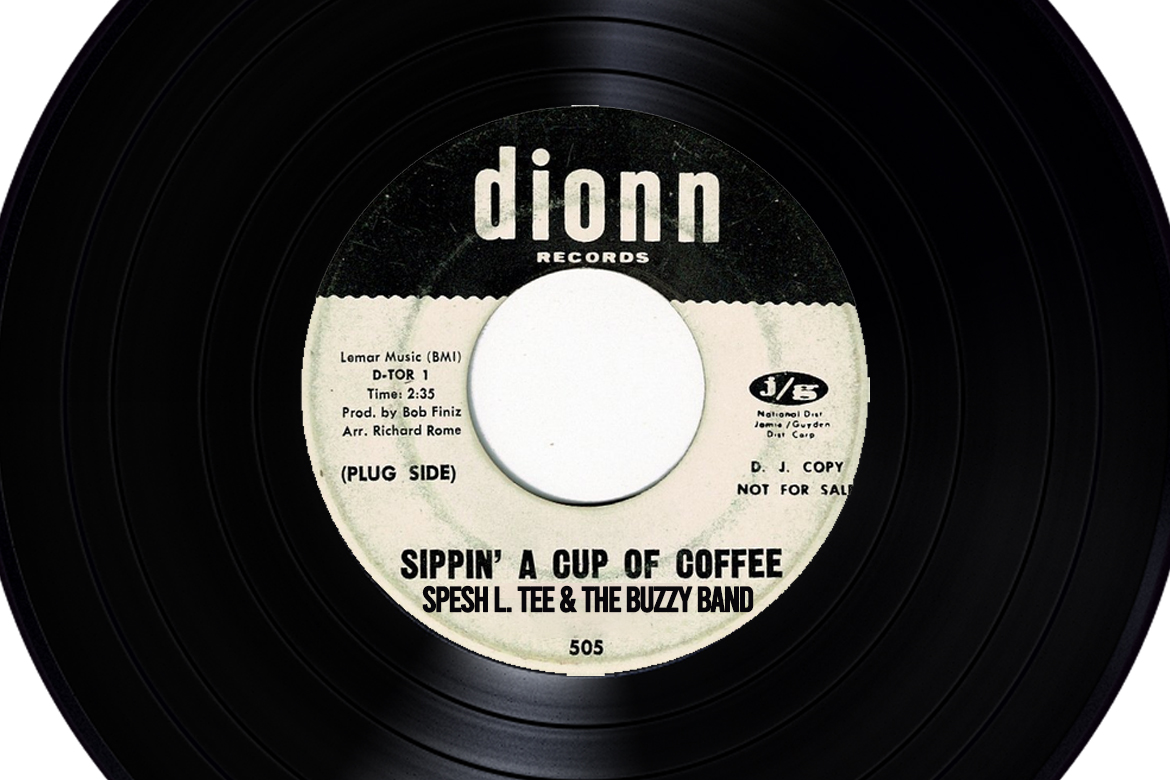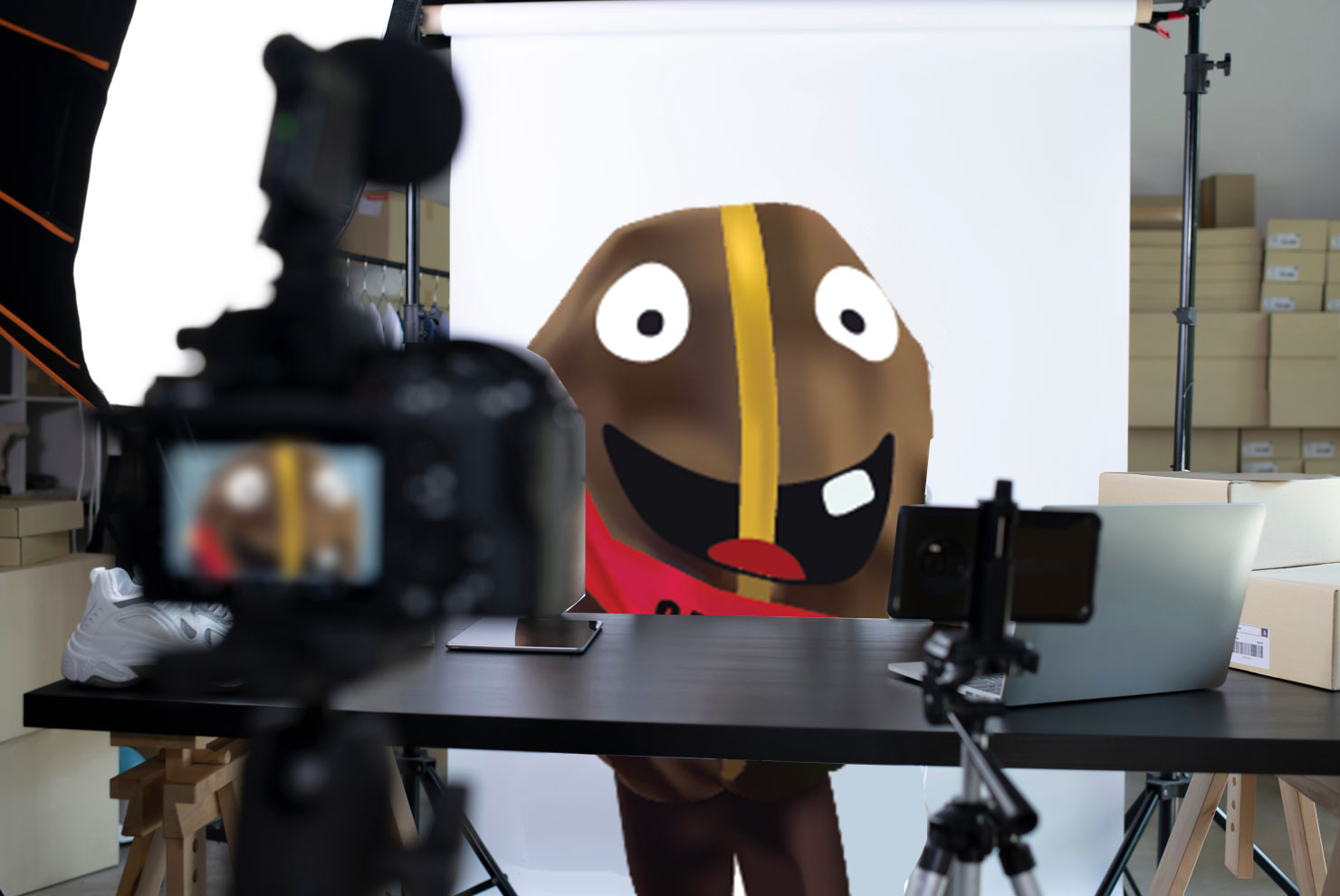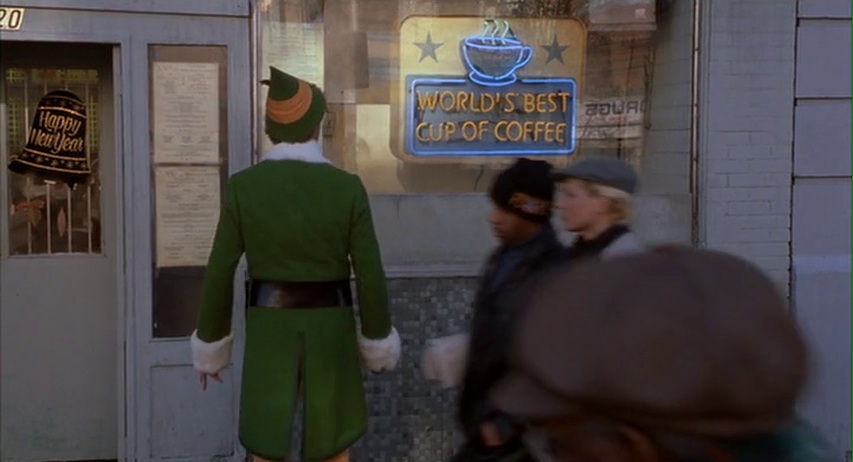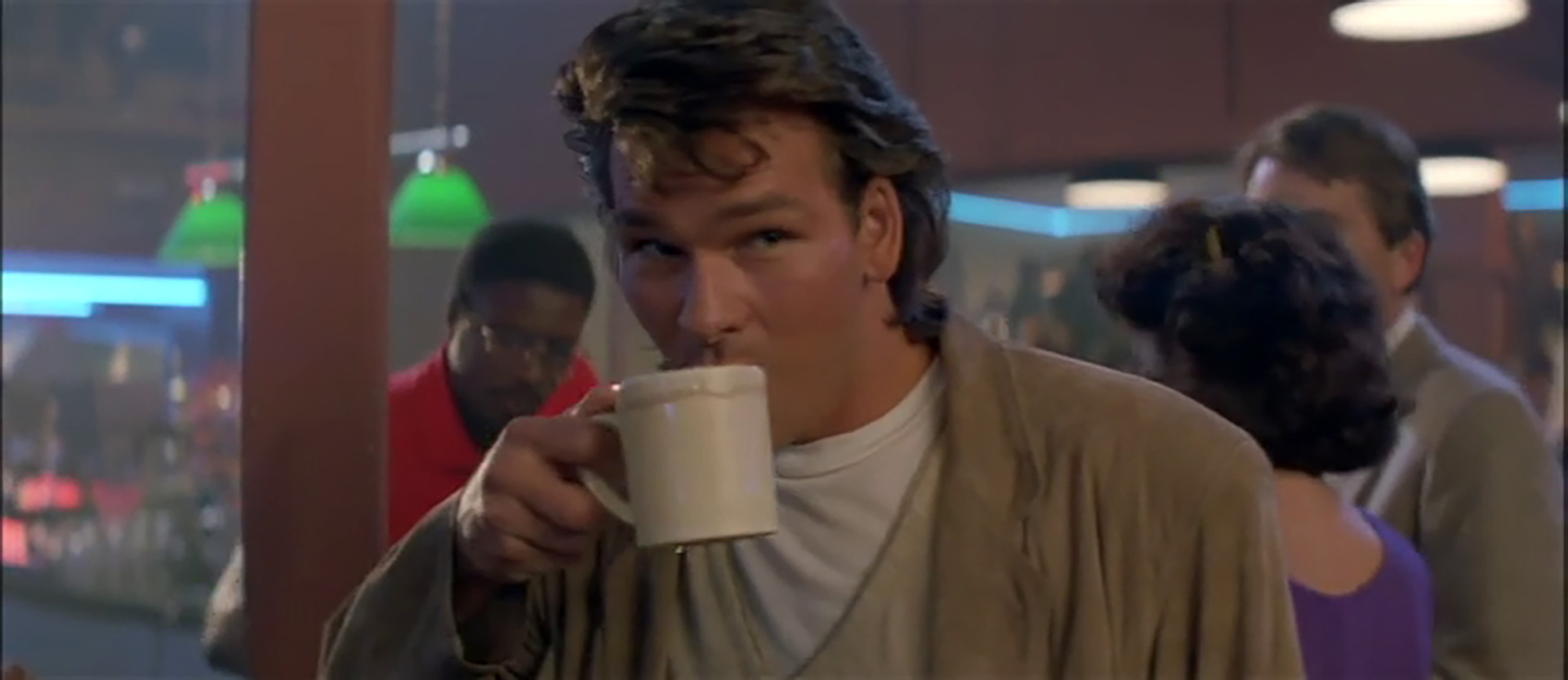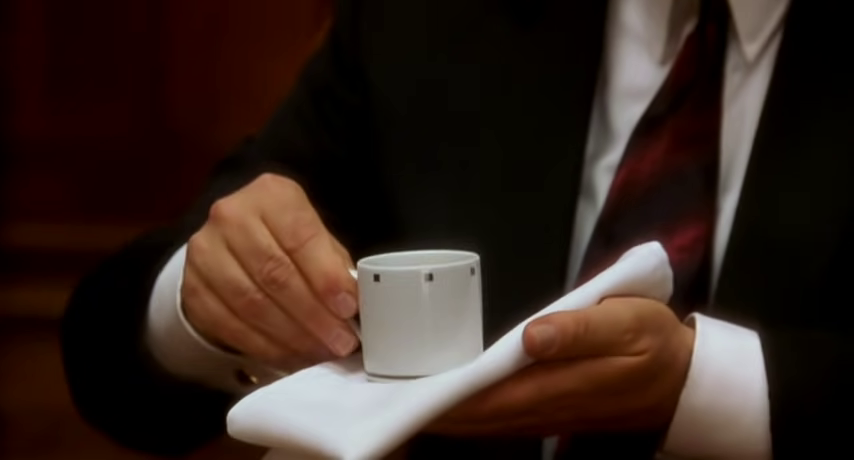The World Barista Championship is happening this weekend in Seattle, Washington, bringing together 50 of the world’s best baristas from as many nations around the world. Each one of these champions has a story and a journey, but one is truly making history at this event. That would Mehran Mohammadnezhad Mirjani, the first-ever barista champion of Iran. We documented Mr. Mirjani’s national win in Tehran a few months ago with the help of Safa Haratian, a Tehran-based journalist and the founder of iCoff.ee, Iran’s leading Farsi-language coffee publication.
What happened next was shocking to many, although perhaps less so to Persians around the world familiar with the vagaries of international travel: Mehran Mohammadnezhad Mirjani was denied his initial attempt at a travel visa to attend the World Barista Championship. From there the story gets murky; a petition to reverse this decision was started on Change.org but fell short of its signing goal, and a lot of wild claims bounced around Coffee Facebook.
What matters is that a visa was eventually obtained by Mehran Mirjani, who traveled by himself all the way from Iran to compete at the 2015 World Barista Championship. The cheers and applause that met his every pour and pull on stage amounted to a palpable emotional catharsis for the crowd, full of members of the Seattle Iranian community and coffee competition followers from around the world. Iran and the United States may have their political differences, but not here, not on this stage. The international specialty community was thrilled to watch and cheer on the competitor from Iran. This is a feel-good story.
At the conclusion of Mehran Mirjani’s World Barista Championship routine, we had the privilege to interview him. The following interview was conducted with help from Nura Yegan Smith, a Farsi-language interpreter from the University of Washington’s Persian Circle Student Association.
Mehran, hello! You had only 2 days to prepare for this event. Tell us about that process.
When I got here to Seattle, I was all by myself, and was not able to travel with a team from Iran—and until April 8th I didn’t even have my coffee yet, that’s when I received it. Then Davide Berti of Italy and the Ghambari family here in Seattle stepped in to help. David especially, he is my coach, a volunteer who is helping me out.
Since I got my visa less than a week before competition, I couldn’t bring the coffee that I used in the national competition in Iran—that was the coffee I wanted to use but I had to go with a different kind of coffee. Since it was a whole new coffee I had to change my presentation—also, this routine was not in my own mother tongue, which makes it more difficult to communicate flavors. My coffee was roasted by Alessio Troia of The Roastery, a new company roasting in Brooklyn and based in Elmwood Park, New Jersey.
So you had to memorize your entire WBC script in just 2 days?
Yes! Since last night actually, just one night. We were working on it all day yesterday and through the night last night. Everyone was trying to help. The other thing was that since I traveled by myself I couldn’t bring my own equipment—I had to borrow everything from Laila Ghambari and Davide Berti.
Where did your brief two days of training for WBC take place?
I trained at Visions Espresso in Seattle, and also at La Marzocco. It was very hard. It was a struggle to pull everything together but I am very happy to be here. If only the visa had been processed the first time and happened way sooner, I would have had much more time to prepare.
Please tell us more about the coffee scene back in Tehran.
The coffee shops and the coffee industry in general in Iran have changed dramatically in the last few years. Coffee in Iran was not great until just a few years ago, but it’s developing now, going fast, and starting to live up to international standards. Every day it’s getting stronger and better.
What are some of the best cafes to visit in Tehran?
Sam Cafe, Cafe Pesto, Negative Cafe—they all have English names—and my cafe, Cafe Yasi. We just opened a new one in the city.
How much longer will you be able to stay in Seattle? Which cafes will you visit?
I will be here for one more week. So far I’ve only been to the big new Starbucks roastery and the new Cherry Street Coffee, but I will be taken to many more.
What’s something about coffee and life in Iran that you want the world to know?
The history of coffee runs through Iran. Coffee stated in Ethiopia and Yemen, and went to the Ottoman Dynasty, and then through Iran—and from there, to Europe and the rest of the world. But in Iran for many years this history was forgotten, because tea became much more popular for many years, many generations. Iran’s place in coffee’s history has been forgotten—tea changed that, it replaced that—but now it’s going back again. People are drinking more coffee again in Iran. And in the next couple of years, it has the potential to grow so much. People who make coffee in Iran have a passion and love for it, and those people are going to make it much bigger. The bar for quality is getting way higher. It’s growing. This history was very important long ago, and now it’s back again.
Photos by Liz Clayton and Charlie Burt for Sprudge.com. Much more coverage from the World Barista Champion at our sister site, Sprudge Live.
Jordan Michelman is a co-founder and senior editor at Sprudge.






